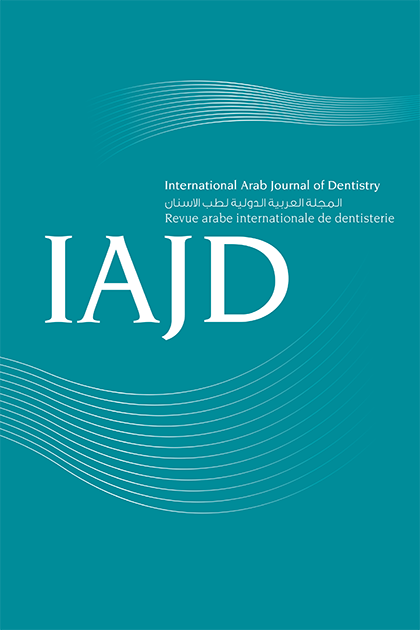Abstract
The aim of this retrospective study was to investigate the effects of bone level implants (BL) in non-compliant patients on marginal bone alterations compared with the tissue level implants group (TL) at a mean follow-up period of at least 10 years.
This study reports on 44 non-compliant patients selected from 3 private practices located in Beirut. Patients selected underwent implant surgery between 2005 and 2009 and had BL (Branemark and 3I Biomet) or TL (Straumann) implants. Periapical radiographs were taken directly after loading and at least at 10 years later. Crestal bone loss (CBL) for a total of 140 implants, including 97 BL and 43 TL implants was measured on radiographic images using the image tool software. Image calibration was done according to implant length. Hygiene level, smoking status and implant surface were also registered.
After a mean period of 10 years, implants in the TL group had a mean CBL of 1.18± 0.89 (0.85 on the mesial side and 1.5 on the distal side). The BL group showed a mean CBL of 0.97 ± 0.64 (0.65 on the mesial side and 1.29 on the distal side). No significant difference (p >0.05) was found between the 2 groups. Hygiene level was significantly associated with mesial and average bone loss. TiUnite surface showed a lower distal bone loss compared to SLA and acid etched surfaces. Furthermore, the average bone loss was significantly elevated in multiple-implant compared to single-tooth fixed implant restorations. No significant difference in bone loss was found between the maxilla and the mandible or between non-smokers and smokers.
Analysis of the obtained results did not reveal a lower bone loss between bone level and tissue level implants in patients who didn’t commit to a strict maintenance program. However, bone loss was strongly correlated to hygiene level, confirming the importance of SPT and compliance.

